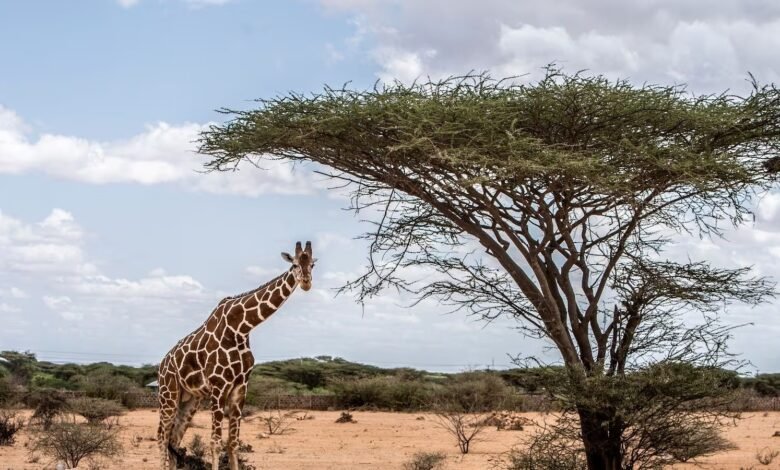
Kenya, renowned for its world-famous safaris featuring iconic wildlife such as elephants, lions, and wildebeests, has unveiled plans to introduce a 1% levy on entry fees to parks, reserves, and conservancies. The levy aims to bolster wildlife conservation efforts across the country.
According to a statement on the National Treasury’s website, the funds collected will be directed to the Wildlife Conservation Trust Fund. This initiative seeks to enhance the management and restoration of protected areas, support conservancies, and safeguard endangered species.
Tourism remains a vital sector for Kenya’s economy, ranking as the second-largest source of foreign exchange earnings after diaspora remittances and agricultural exports. In 2023, Kenya recorded a 43% increase in the number of visitors to its national parks and game reserves, reaching 3.64 million, according to official data.
The National Treasury has invited public feedback on the proposed levy, with submissions open until December 6, 2024. This consultative approach follows the government’s efforts to avoid a repeat of the backlash against new taxes earlier this year, which led to nationwide protests and tragic loss of lives.
Balancing Conservation and Public Support
The International Monetary Fund (IMF), in its recent program review, emphasized the importance of consensus-building when introducing environment-related levies.
“Careful assessment and building consensus are essential to ensure that future environment-related levies do not face social and political pushback,” the IMF stated.
This proposed levy underscores Kenya’s commitment to preserving its natural heritage while navigating the complex interplay between environmental conservation and public sentiment. As the public shares its views, the government seeks to strike a balance between sustainable conservation efforts and maintaining the nation’s economic and social harmony.






This blog was… how do you say it? Relevant!!
Finally I’ve found something that helped me. Thank you! https://Glassi-greyhounds.mystrikingly.com/